Georges Oppenheim
Transfer Learning for Linear Regression: a Statistical Test of Gain
Feb 18, 2021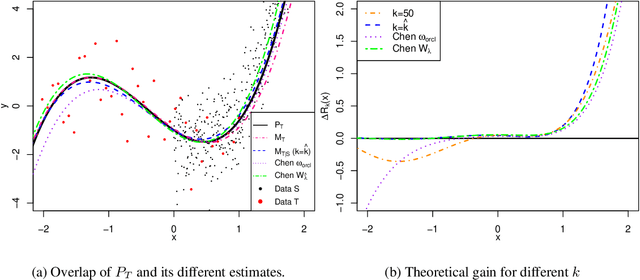
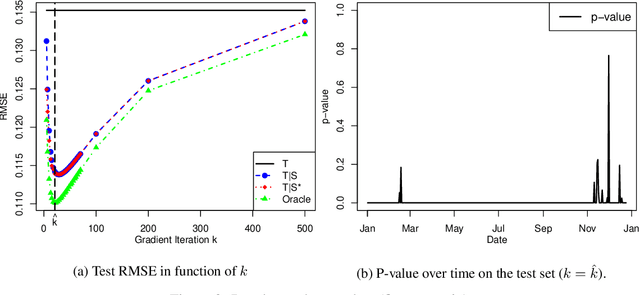
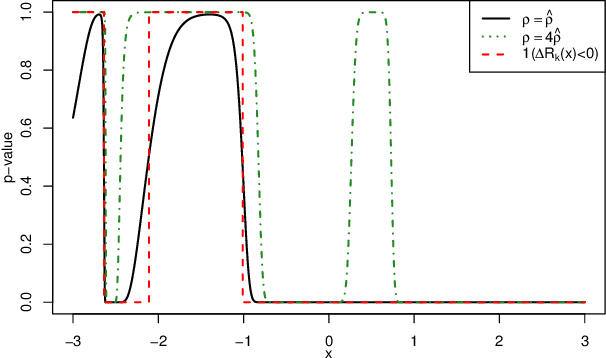
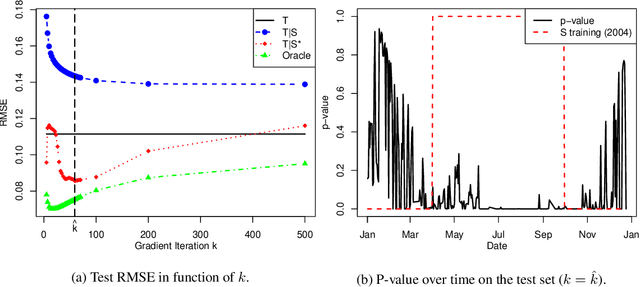
Abstract:Transfer learning, also referred as knowledge transfer, aims at reusing knowledge from a source dataset to a similar target one. While many empirical studies illustrate the benefits of transfer learning, few theoretical results are established especially for regression problems. In this paper a theoretical framework for the problem of parameter transfer for the linear model is proposed. It is shown that the quality of transfer for a new input vector $x$ depends on its representation in an eigenbasis involving the parameters of the problem. Furthermore a statistical test is constructed to predict whether a fine-tuned model has a lower prediction quadratic risk than the base target model for an unobserved sample. Efficiency of the test is illustrated on synthetic data as well as real electricity consumption data.
Textual Data for Time Series Forecasting
Oct 29, 2019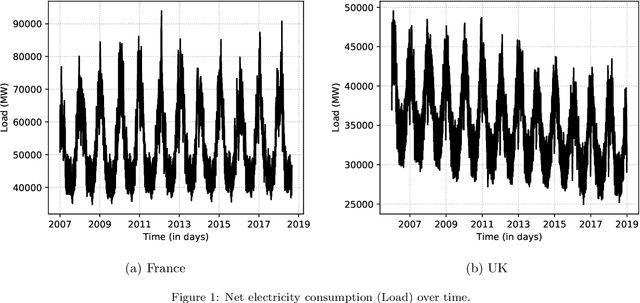
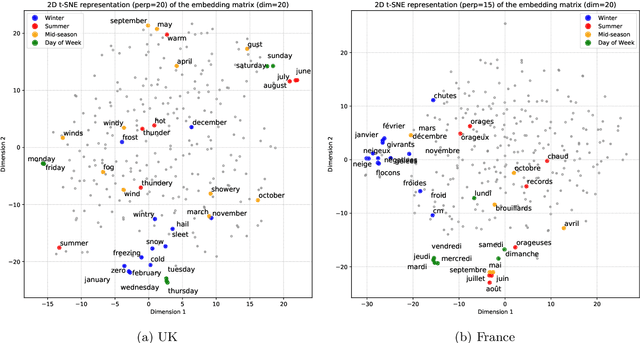
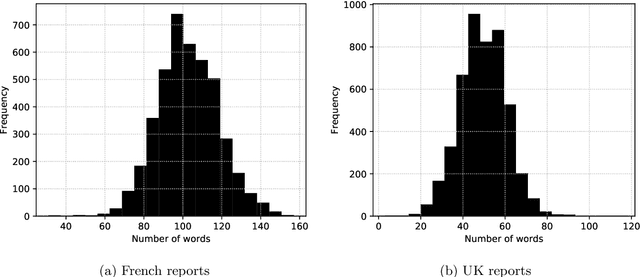

Abstract:While ubiquitous, textual sources of information such as company reports, social media posts, etc. are hardly included in prediction algorithms for time series, despite the relevant information they may contain. In this work, openly accessible daily weather reports from France and the United-Kingdom are leveraged to predict time series of national electricity consumption, average temperature and wind-speed with a single pipeline. Two methods of numerical representation of text are considered, namely traditional Term Frequency - Inverse Document Frequency (TF-IDF) as well as our own neural word embedding. Using exclusively text, we are able to predict the aforementioned time series with sufficient accuracy to be used to replace missing data. Furthermore the proposed word embeddings display geometric properties relating to the behavior of the time series and context similarity between words.
 Add to Chrome
Add to Chrome Add to Firefox
Add to Firefox Add to Edge
Add to Edge